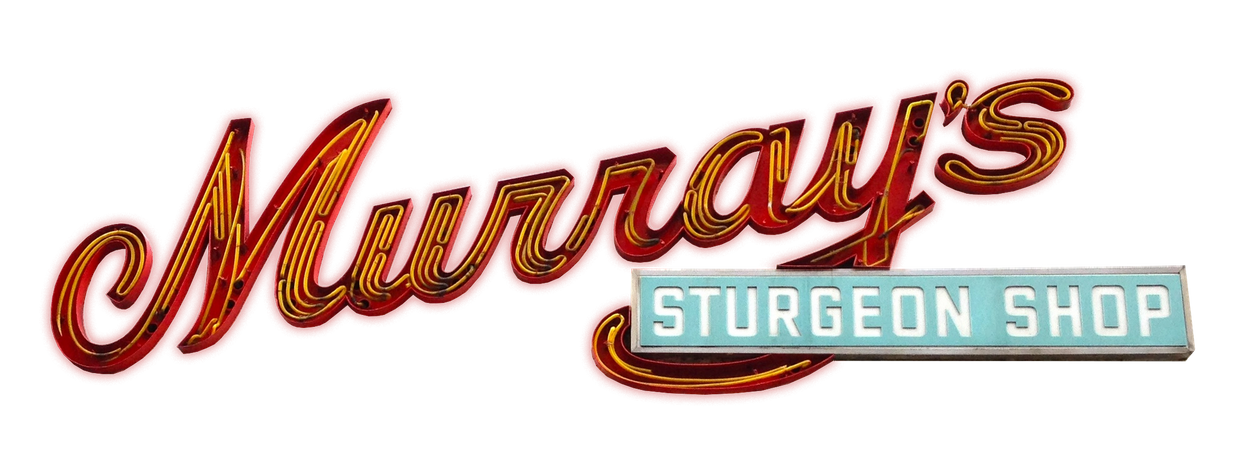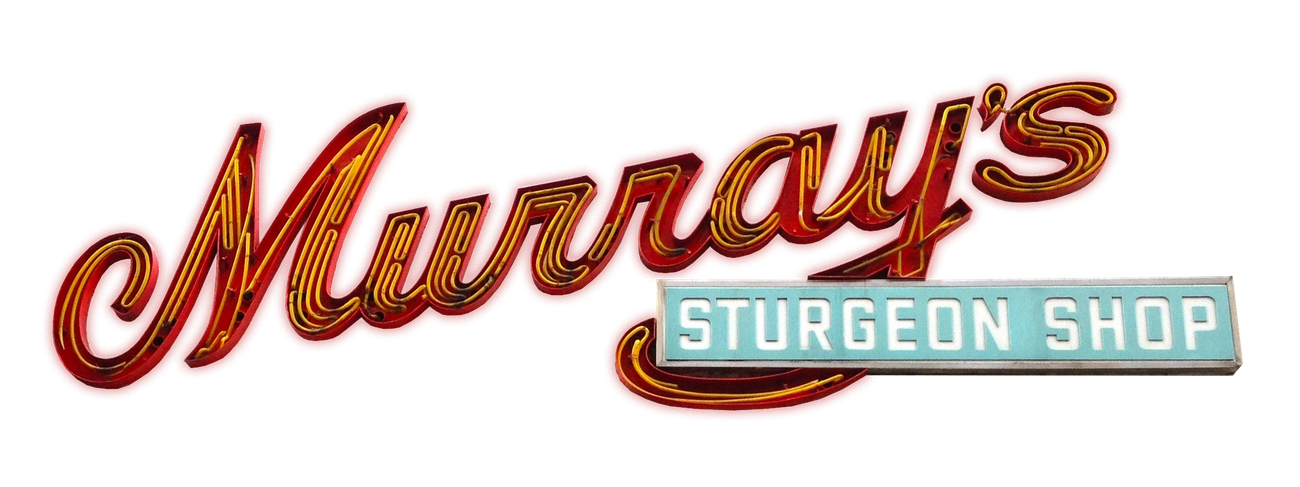Devastation Looming on the Upper West Side
What’s next for kosher butchers, Judaica stores, and other centers of Manhattan Jewish life?




New York is a foreign country now. The two perpendicular plazas that frame Union Square are a foreboding emptiness; the place is usually so unpleasantly crowded that many New Yorkers simply resolve never to go there. At noon on a weekday, every single chair and table in Herald Square sat vacant. There was virtually no vehicular traffic between 42nd and 59th streets—one excellent place to social distance is the middle of an average block in the 50s, where minutes go by without any activity of any kind.
Amid this petrified Manhattan, an explorer might encounter phantoms of a former world: shuttered offices, the tomb of a favorite lunch spot, movie theaters with empty marquees, parks and squares that are almost unrecognizably smaller without people to fill them. The echoes from a lost life keep following you uptown, which is a barely living museum of the distant recent past: There are the two halal carts at the West 60th Street entrance to the Columbus Circle subway station, maybe the last ones left in town and the only things saving the chicken and rice platter from temporary extinction; the Lincoln Center fountain, which is still running even though the performing arts center’s plaza is now behind a line of metal barriers; the dozen-odd people sprinkled across the vastness of Central Park’s Sheep Meadow, who must have been getting little if any succor from the nice weather, what with the rapidly mounting death toll and the almost citywide demon’s shriek of sirens. An even surer escape hatch into the beforetime awaits you just a little farther north: Murray’s Sturgeon Shop at 90th and Broadway, a deli and appetizing takeaway that might be the last Jewish institution in New York City that is operating more or less as normal.
“Everything you see here is original from 1946,” said Ira Goller, the white-haired proprietor. “What kind of condition does it look like it’s in?” The answer is that it’s in excellent condition, from the hand-painted “Please Take A Number” sign to the nifty digitless clock built directly into the back wall. The store is about the size of a subway car and it never had a seating area it needed to close. Customers have self-enforced an unspoken two-to-three person limit. “People here, they will police themselves,” Goller said. He kibbitzed with a patron; a staffer scooped creamed herring filets into plastic containers. What an oasis—for a second it’s like there’s no virus out there. “We’re not going anywhere,” Goller pledged. “The workers have families. They need to be paid. And my customers need to be fed.” The ones that are still around, at least. “It’s more desolate,” Goller said of the Upper West Side. “A lot of people left town last week. Go to any of these buildings, anyone would tell you. They went to the Hamptons, they went upstate, they went to Florida.”
Across the street, the famous and famously high-end Kosher Marketplace is a mess of a labyrinth, just like nearly every other grocery store in the city. As of Friday, only six people were allowed in at a time. The corridors feel more perilously narrow than usual now that even the slightest contact with anyone or anything can kill you. The selection of kosher duck meat products remains unbeatable, however, and there are Seder accoutrements, including adorable finger puppets that represent the four questions, for sale near the checkout. One is a smiling stalk of karpas. I wanted to stop and study the other three, but it was less than nine hours until Shabbat, and there was a line outside.
We’re not going anywhere. The workers have families. They need to be paid. And my customers need to be fed.
Per a notice in its window, now behind a metal roll gate, West Side Judaica, perhaps the most essential business that has ever existed, is taking phone orders, and is making free deliveries in Manhattan on orders of $100 or more. “NO WALK-INS,” blares a hand-scrawled notice on Best Bottles at Broadway and 80th, adjacent to a sign reading KOSHER WINES. Protocol goes as follows: “If you are here for pick-up, give your name to our staff. Take AT LEAST SIX (6) steps back away from the door. We will set your order on the street. Thank you.”
On 72nd Street, Fischer Bros & Leslie, the venerable kosher butcher, is only taking orders by email. No one but the staff is allowed inside—owner Paul Whitman came to meet me on the street, wearing an elegant hat. Anticipating myriad disruptions to business as usual, Whitman had decided to kasher the store for Passover earlier than usual, in the middle of the previous week, over three weeks before the holiday. “So the Friday before, you gotta be cleaning everything. On Monday we basically have very limited operations. You have to take everything apart. Tuesday the rabbis burn and boil the whole store, so Wednesday morning you’re open but the store is completely not ready for business, you gotta put it back together, you gotta bring up all of your Passover stuff from the basement, then you gotta start cooking.” One understands why one wouldn’t want to do all of this during a more acute phase of the pandemic.
The crisis had changed the typical Passover-season buying pattern. Smaller Seders meant customers needed smaller briskets. “Where they typically had 30 people for dinner it’s now just two.” The kosher meat supply chain was still holding up though, at least on 72nd Street. “We’ve had good relations with our wholesalers for 50 years,” Whitman said, a reminder of the tranquility that had long reigned in this prototypically vibrant and quirky region of Jewish New York, and of how steady and durable life usually is around here. “I expect the epidemic is definitely gonna get worse,” Whitman added. “In an earlier life I was a biochemist.”
Across Central Park, on the Upper East Side, Rabbi Chaim Steinmetz of the Orthodox juggernaut Kehilat Jeshurun, holds the distinction of being one of the first rabbis in the New York metropolitan area to voluntarily shut down his shul, which he did the day after Purim. The virus reached the modern Orthodox community early—remember that Yeshiva University basketball game played in an empty gym a million years ago?—and was therefore taken seriously within the community from a relatively early point. “The modern Orthodox community is really very intertwined,” said Steinmetz. The community in Manhattan was closely linked with those in Teaneck and New Rochelle, places where the virus struck early. “I understood immediately it was going to affect us dramatically,” Steinmetz said.
These days, a rabbi at a major Manhattan synagogue is spending a lot of time video-conferencing. There were Zoom staff meetings, Zoom board meetings, Zoom shiurim, and a recent live video address to his congregation where Steinmetz reminded viewers that “it is very much part of the Jewish tradition to believe that when you’re challenged you become stronger.” From the other side of a WhatsApp video chat, an admirably chipper Steinmetz did not seem to mind that I was wearing a gray flannel over a T-shirt depicting a polar bear dunking a basketball.
“We have prayers online twice a day—I mean it’s not really prayers but it’s a prayer-type experience,” Steinmetz explained. The real thing isn’t possible under our new virocracy—the Zoom-born imitations of prayer “lack meaning, they lack intensity.” Still, it’s the only option left. “We had two brises this week,” Steinmetz said, also broadcast over Zoom. “It’s something. It’s not at all like being there ... a mazal tov shouted over a screen without seeing the person, without being able to say hello, to offer a hug, really isn’t the same mazal tov.” A Zoom shiva is an even more unnerving replacement, with mourners receiving a rapid-fire procession of remote well-wishers over their computer screen while they sit at home, as physically alone and as isolated as everyone else is right now. In a way, a video shiva was not even the most dramatic departure from life as normal. “I keep telling people: Call me on Shabbat if I can somehow help you become healthier,” said Steinmetz.
An Orthodox rabbi urging congregants to call him on Shabbat is a fairly vivid measurement of how bad things are in New York at the moment. (When we spoke in the middle of last week, three of Steinmetz’s congregants were hospitalized with coronavirus; four had parents who were hospitalized. The former number was at five as of Sunday night.) More vivid still were 12 minutes spent on the phone with David Greenfield, CEO of the Met Council on Jewish Poverty, which was all the time he could responsibly spare as the person in charge of the New York area’s largest Jewish community-focused charitable organization.
Greenfield’s message could hardly have been more dire: By last Thursday, when Greenfield and I spoke, the Met had seen a 37% increase in need at its 40 food pantries. In the previous 10 days, the organization had spent $1.5 million above its usual budget, which usually comes out to about $1 million a week. “Our phone honestly, sadly, is ringing off the hook from people who are just desperate to have food because they’ve lost their jobs and their income in the last week,” Greenfield said. “We’re getting a tsunami of people who are coming to us for help.” He anticipates that the need for the Met’s various services will triple over the next month.
At the same time, help is becoming harder for the Met and the rest of New York’s charities to provide. Some 20% of the Met’s food pantries have already had to close, while a total of 30% of New York’s food pantries had closed, Greenfield explained. Stocks had run out amid exponential leaps in demand. Staffing has become difficult, since volunteers tend to be in their 60s or 70s.
Meanwhile, food is becoming more expensive and generally harder to obtain—the wholesalers who sell to the Met or City Harvest also sell to major chains, and their prices are going up. “When the costs of your eggs has tripled and the cost of your chicken has gone up 50% and the cost of your tuna has gone up 40% and people are canceling produce orders because they’re selling to the highest bidder, we can’t compete with Walmart and Whole Foods that are billion-dollar corporations. They can afford to pay whatever they want because they’re making money off of this. We can’t, and that’s why we’re getting crushed. ... In a few weeks most of New York’s food pantries are going to be shut down unless there is some emergency help.”
The Met provides assistance to a number of Holocaust survivors—people in the age cohort that is at greatest risk from the virus. “This Sunday when we opened we realized the Holocaust survivors weren’t coming so we made an emergency distribution,” Greenfield explained. “We packed 300 packages for Holocaust survivors from our pantries who told us that they couldn’t show up, and then we got volunteers to drive and deliver them to their homes.
“On one visit, a survivor asked to speak with the volunteer for a moment. “She told our volunteer that for her the loneliness is the worst, and during the Holocaust at least she was with other people, and now she’s in a tiny apartment all on her own, struggling with nobody to talk to. And so our volunteers stayed there for five minutes and had a conversation with her from behind a closed door.”
Armin Rosen is a staff writer for Tablet Magazine.